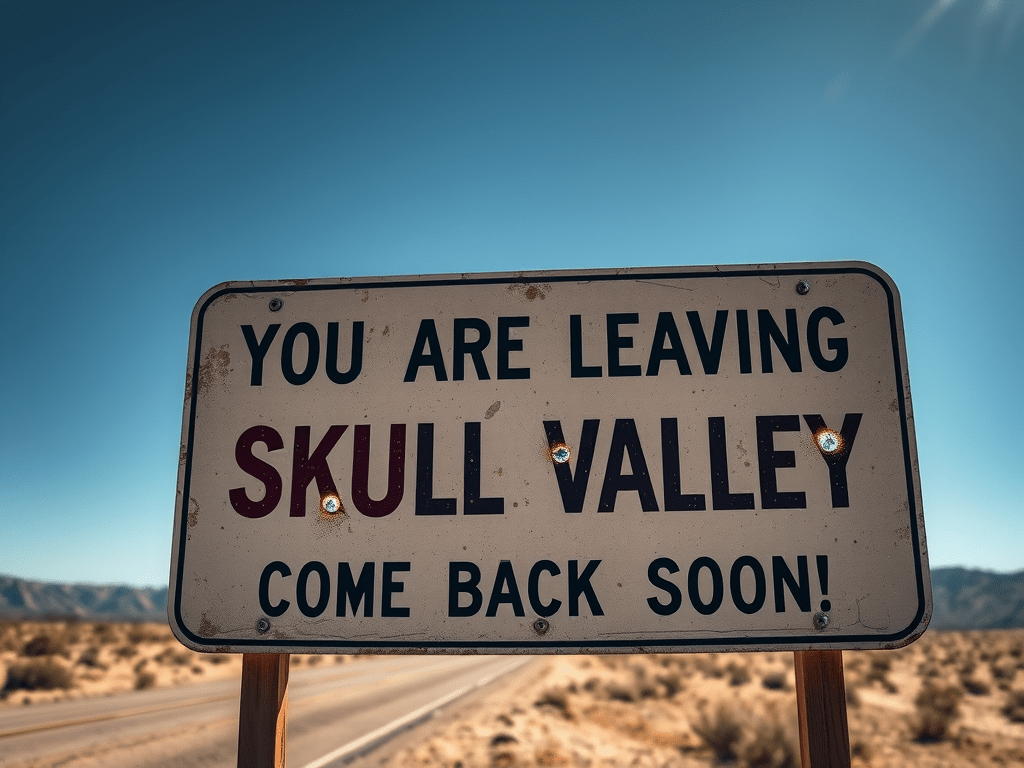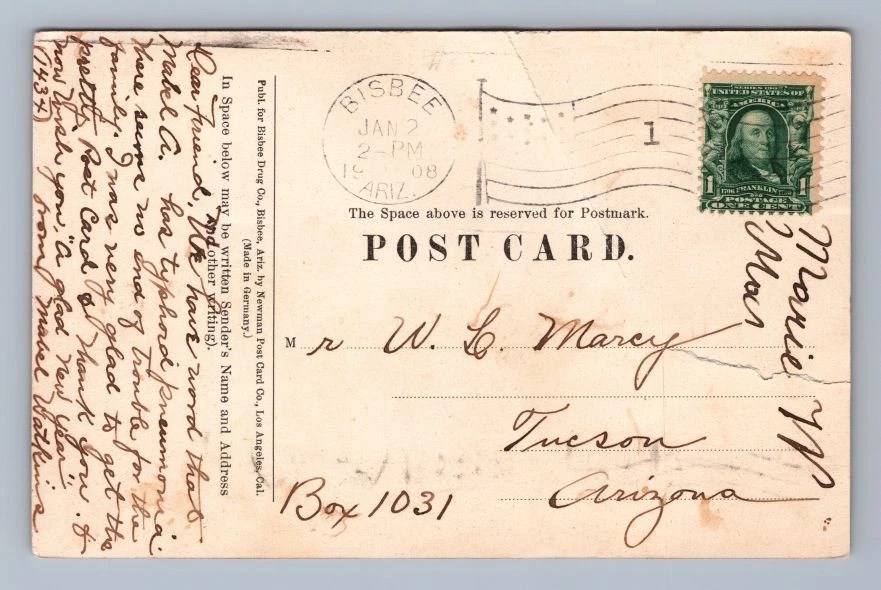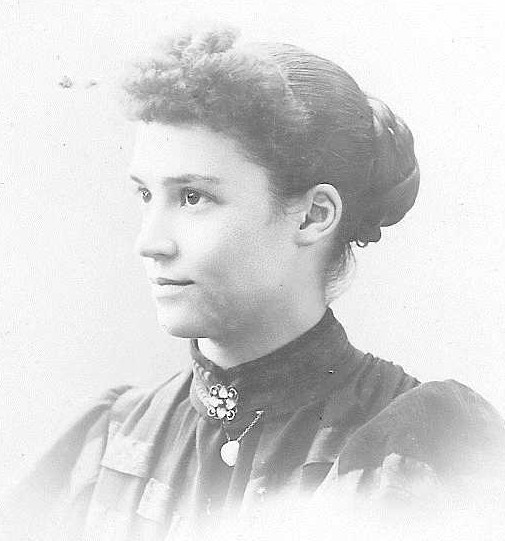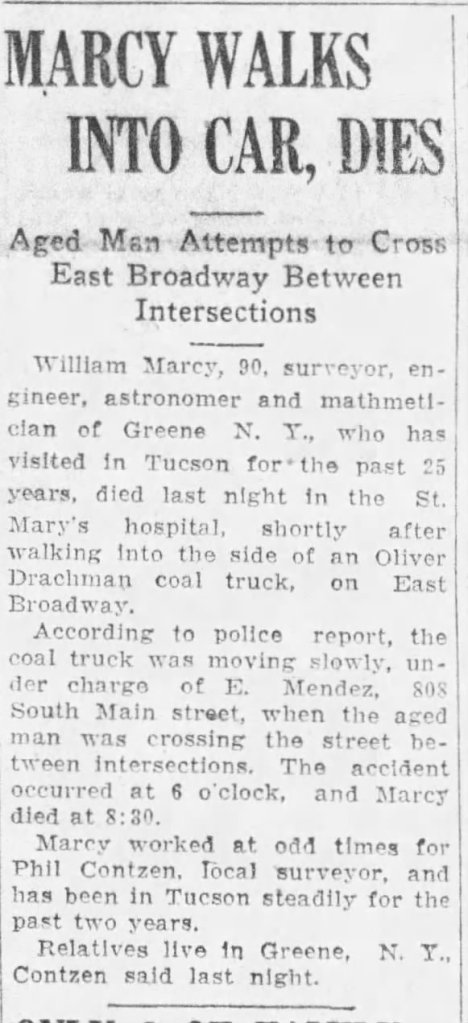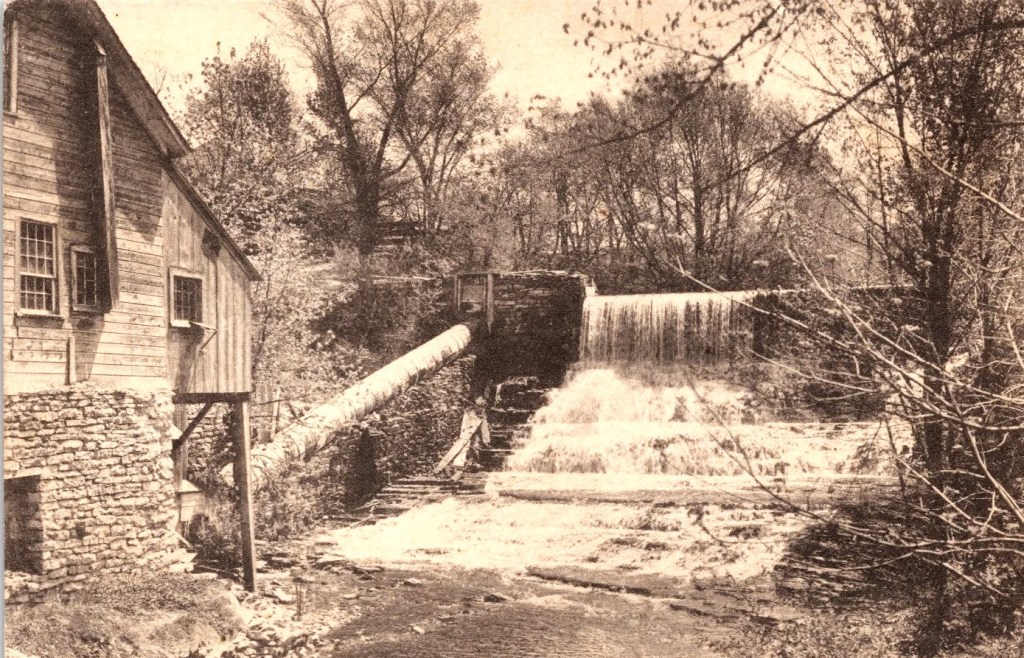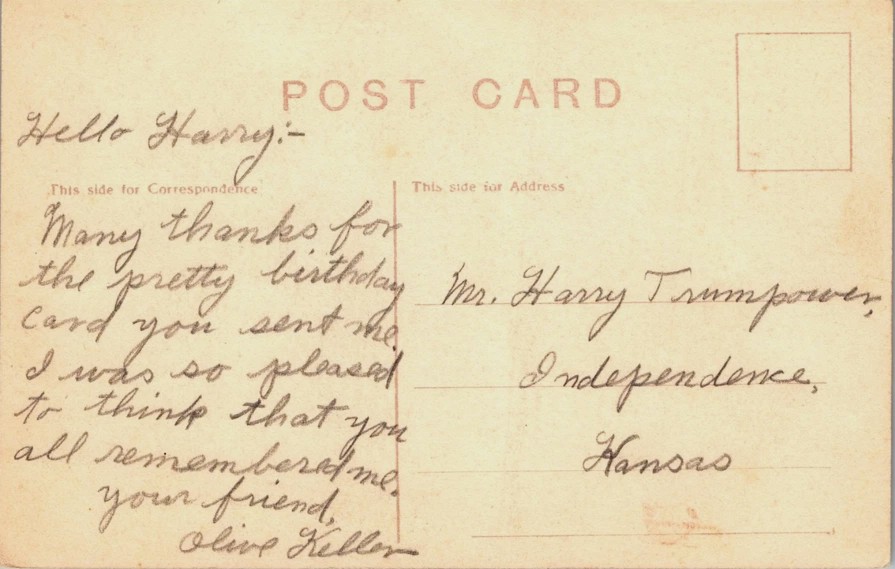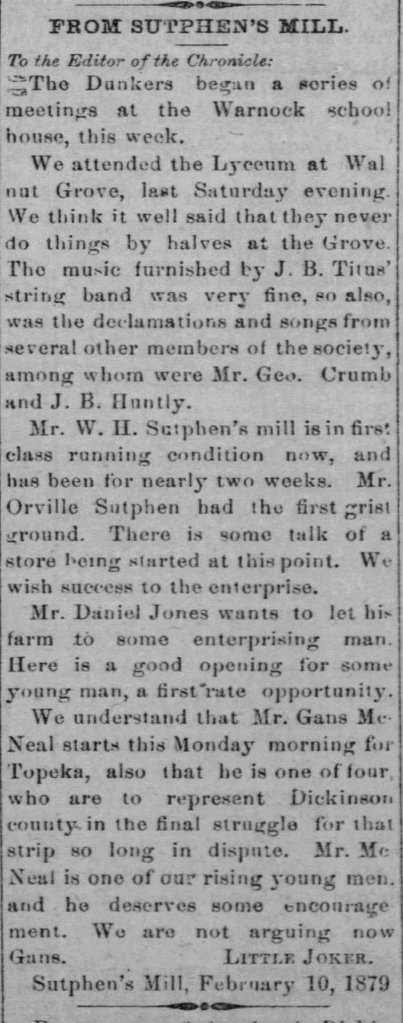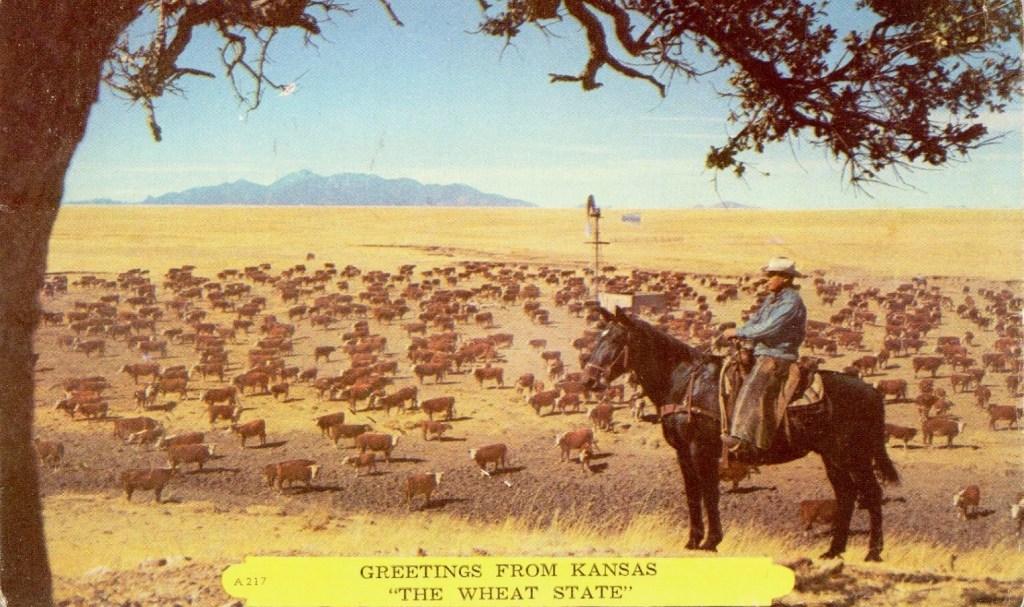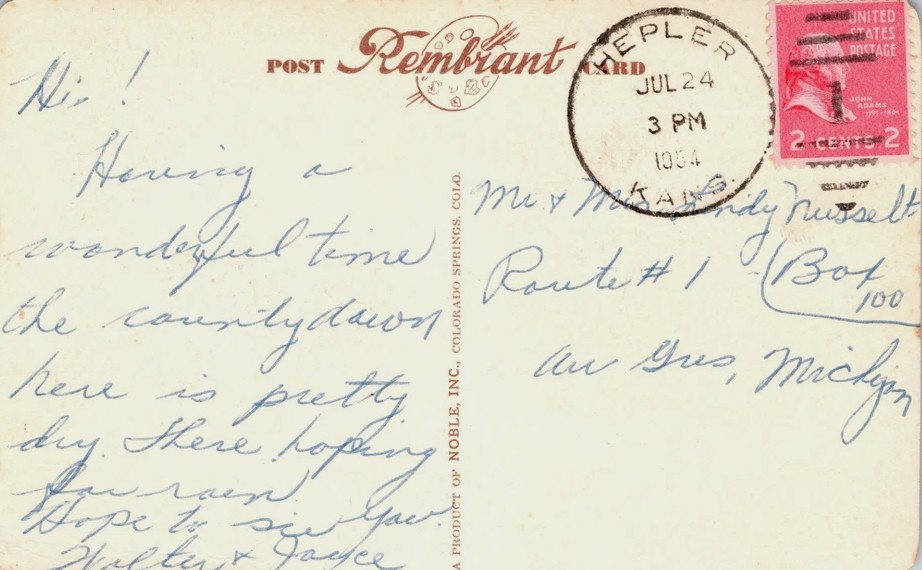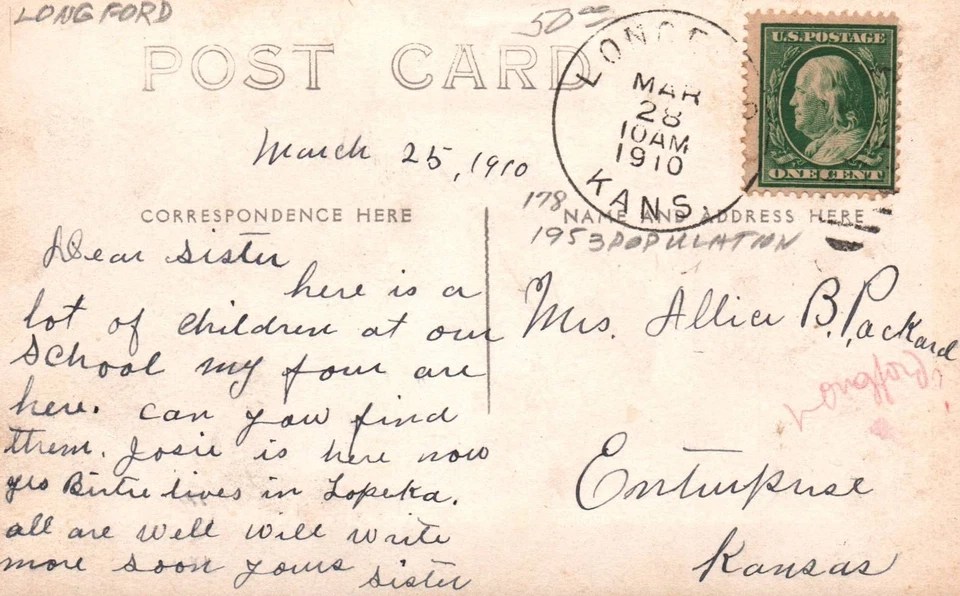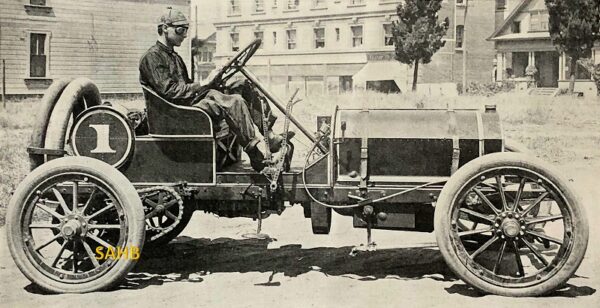
I recently decided to take up smoking. Friends have been smoking for several years now without problem, yet I declined mostly because of the cost. I believe Tom Gildea was the first of the group to light up, and then came Jim Brownfield and Brian Holtrop.
Trying to be cool wasn’t the reason they joined the fray; taste had a lot to do with it. After driving around town and seeing more smokers than nonsmokers, I decided the time was right. Hey, if “cool” is part of the movement, then I desperately wanted in on the action. I missed out on coolness in high school, being a relatively shy type of guy.
Some HOA neighborhoods don’t allow smoking, and thankfully, we don’t live in one of those. I read where a man in Florida was approached by an HOA representative for smoking in his backyard. When he refused to heed the warning, he was fined.
Thankfully, most, if not all, Lake Havasu City neighborhoods do not have such restrictive regulations, at least I hope they don’t. I’ve observed NO SMOKING signs around town, but this pertains to another form of smoking, mostly tobacco-oriented, although I suppose it pertains to hemp as well.
Years ago, a group of tenants in a nearby apartment building were openly smoking crack behind their complex, along with doing other illegal things. Small children were present.
It didn’t take long for local police to get wind of this activity, and the culprits were all arrested. It was entertaining seeing these guys and gals hauled away in handcuffs, while on the other hand, there was sadness when child protection entered the scene.
The type of smoking I’m referring to is neither crack, pot, nor tobacco; it’s the smoking of meat and vegetables. These “smokers,” as folks call them, are nothing more than fancy BBQ grills, using wood pellets to create the heat and smoke rather than charcoal briquets.
Prices range from around $350 for an entry-level Pit Boss to over 7K for a commercial-grade Yoder. I wanted a fancy Yoder, but my wife insisted that I take baby steps first. Weight has a lot to do with the model we chose because it will be going with us on camping trips.
The wood pellets for smokers come in many different forms, with hickory, apple, and mesquite being the most popular. I’d like something that has the aroma of a Kentucky moonshine still on a cold January night, with hickory, oak, and maple being suggested by my artificial intelligence helpmate, Miss Purdy. She should know.
Our smoker was purchased locally, with this being the best way in case problems arise. A special blend of hickory, oak, and maple pellets was specially ordered. I can’t wait to try this thing out, with chicken breasts being the first meat smoked, along with zucchini, squash, and carrots to follow.
If things go as planned, and I become an expert smoker like my friends, Tom, Jim, and Brian, I may very well opt to move up to a Yoder in the coming years. One of their models has sweet-looking paint, mag-style wheels, and inflatable tires, making it look like a hotrod.
What sane guy or gal wouldn’t want one of those babies parked in their garage?


